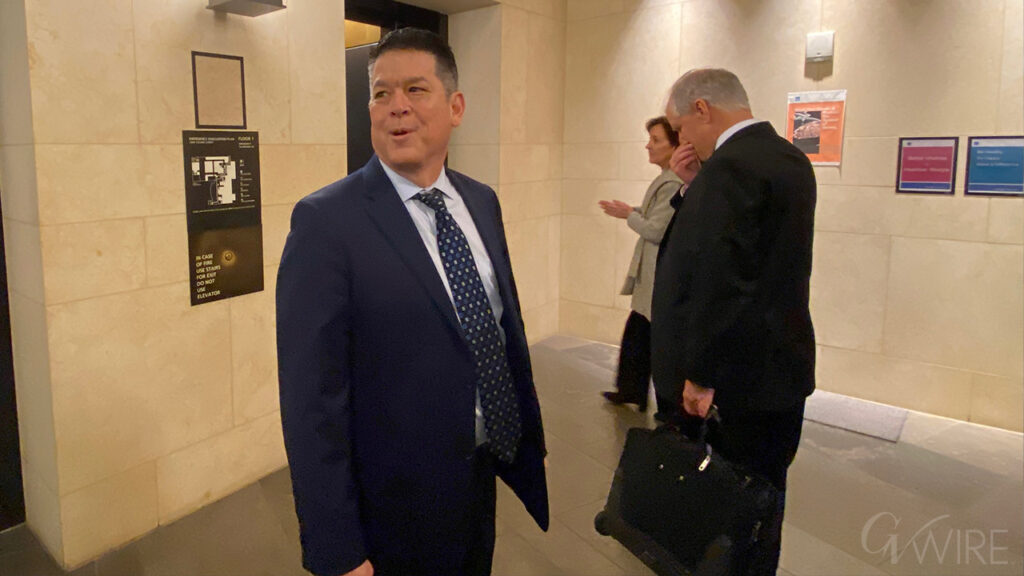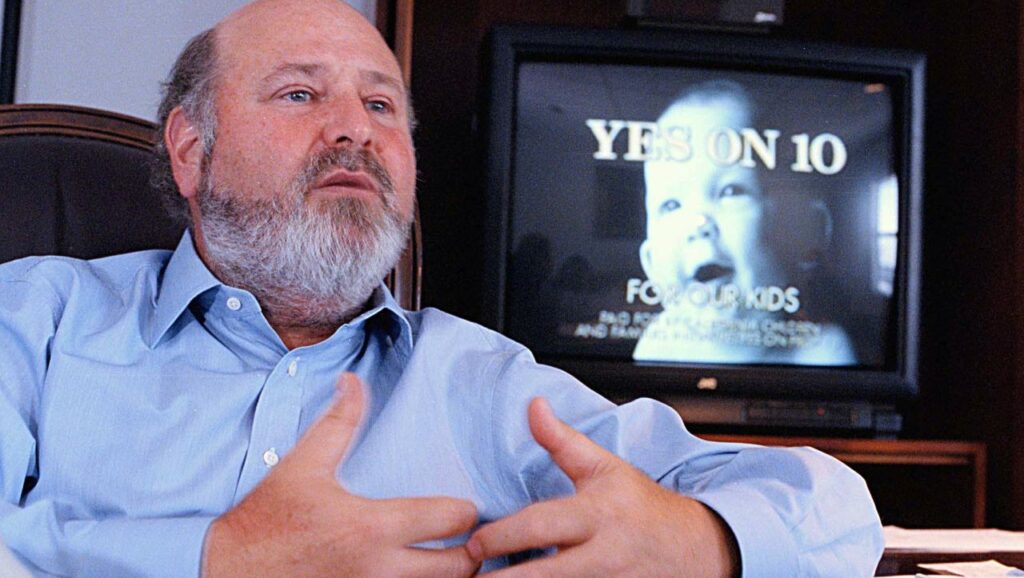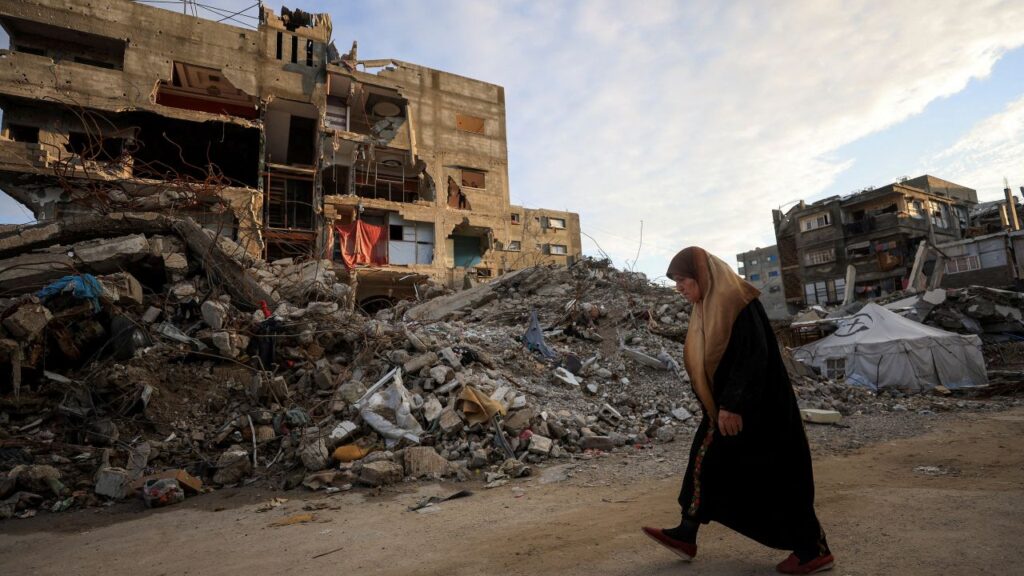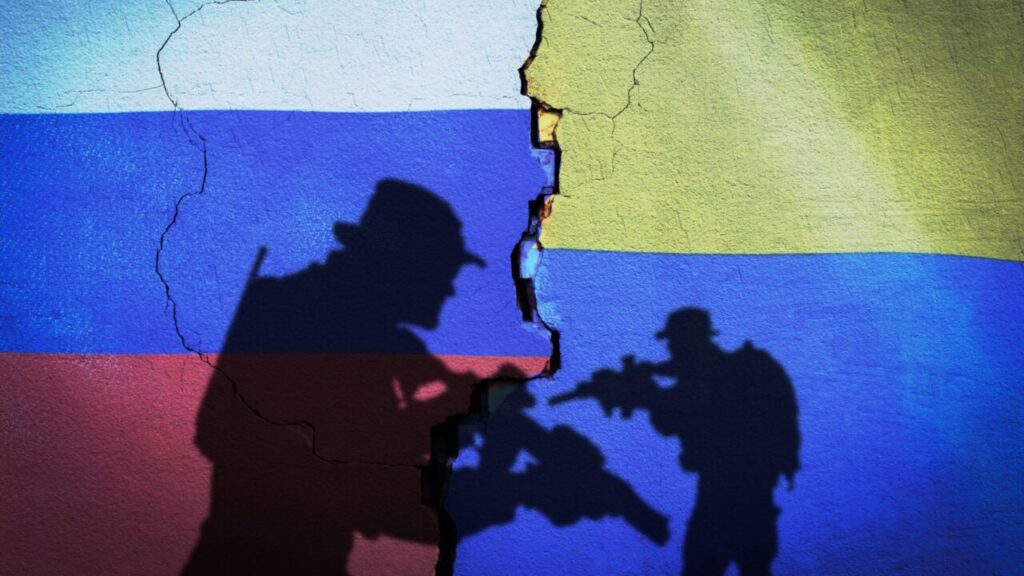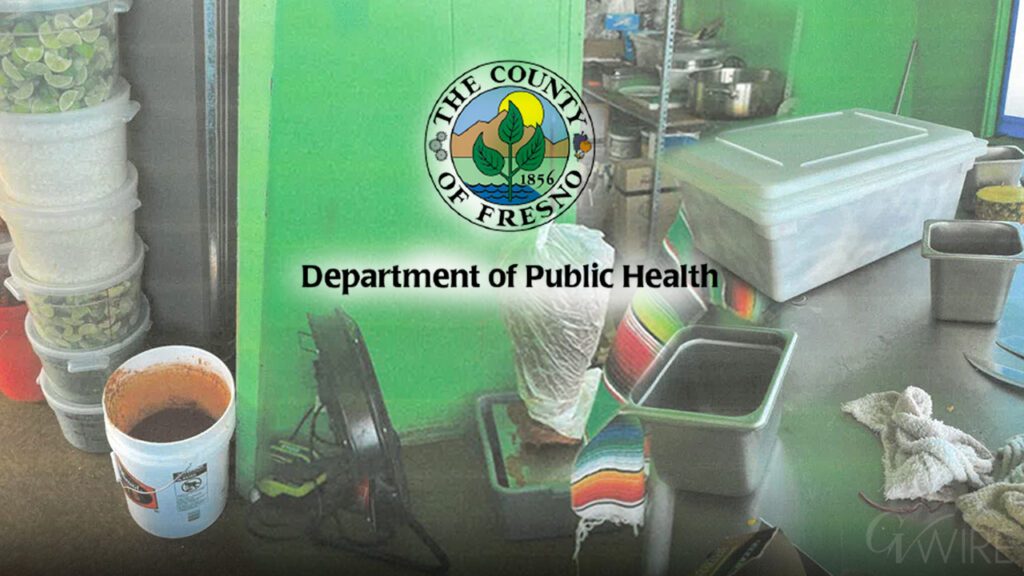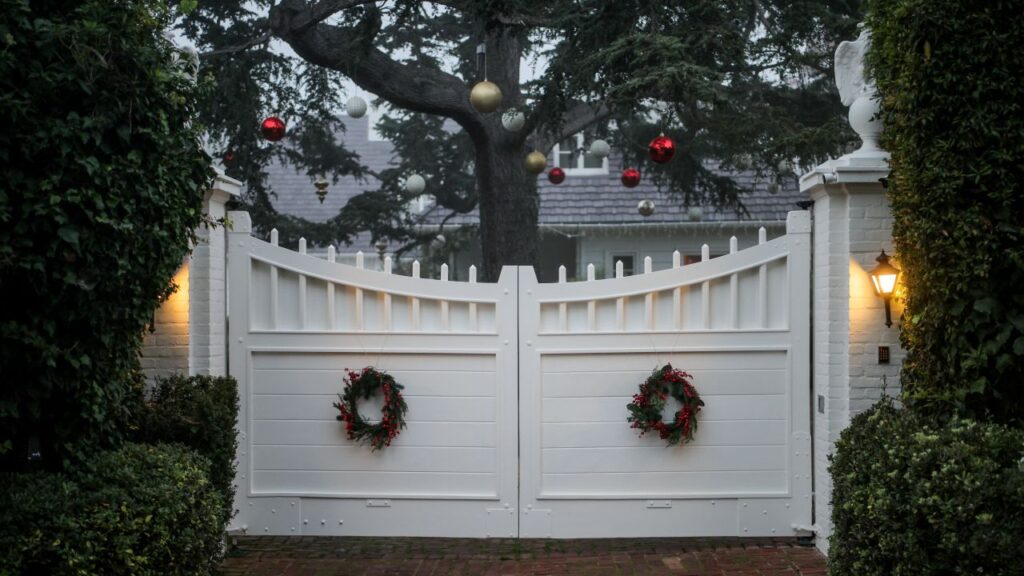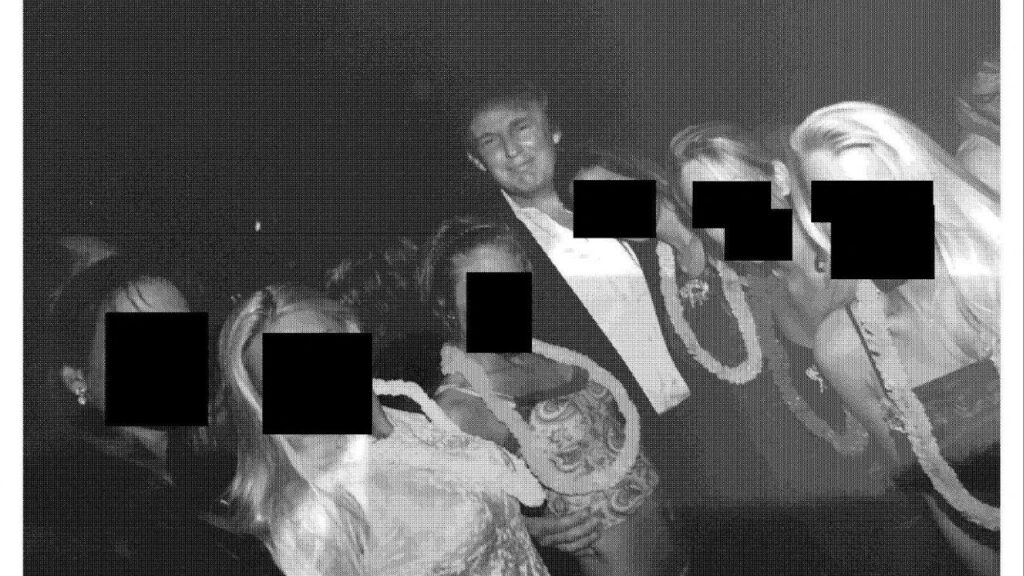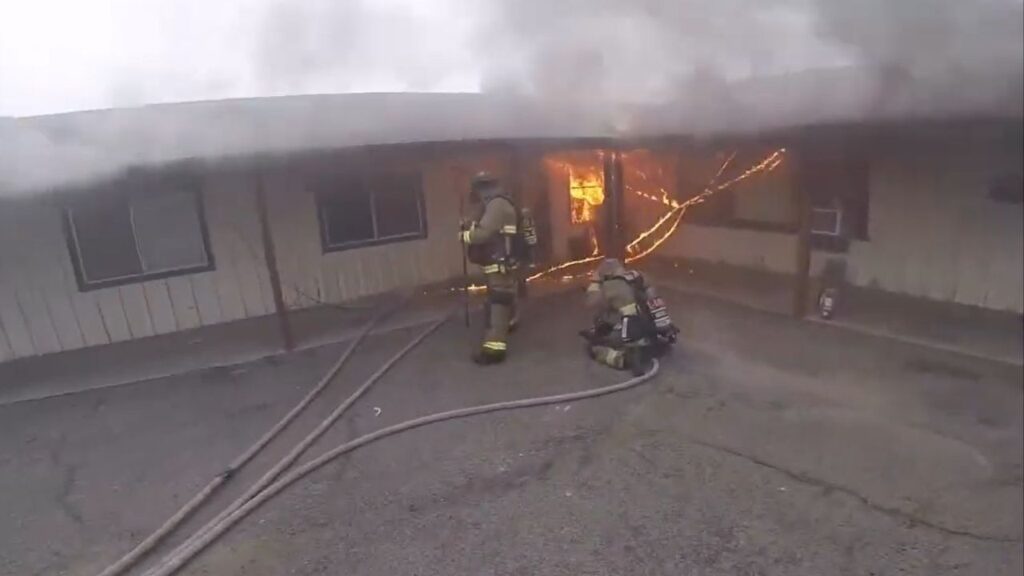A woman uses her phone at an impact site following missile attack from Iran on Israel, in Rishon LeZion, Israel, June 14, 2025. REUTERS/Ammar Awad

- Netanyahu vows intensified strikes as Israel pounds Iran for second consecutive day.
- Iran cancels nuclear talks with Washington amid ongoing Israeli bombardment campaign.
- Energy infrastructure hit for first time as South Pars gas field catches fire.
Share
JERUSALEM/DUBAI (Reuters) -Israel pounded Iran for a second day on Saturday and Prime Minister Benjamin Netanyahu said its campaign would intensify, while Tehran called off nuclear talks that Washington had held out as the only way to halt the bombing.
A day after Israel wiped out the top echelon of Iran’s military command with a surprise attack on its old foe, it appeared to have hit Iran’s oil and gas industry for the first time, with Iranian state media reporting a blaze at a gas field.
Netanyahu said Israel’s strikes had set back Iran’s nuclear programme possibly by years and rejected international calls for restraint.
“We will hit every site and every target of the Ayatollahs’ regime, and what they have felt so far is nothing compared with what they will be handed in the coming days,” he said in a video message.
Casualties Mount as Strikes Continue
In Tehran, Iranian authorities said around 60 people, including 29 children, were killed in an attack on a housing complex, with more strikes reported across the country. Israel said it had attacked more than 150 targets.
Iran had launched its own retaliatory missile volley on Friday night, killing at least three people in Israel. Air raid sirens sent Israelis into shelters as missiles and interceptors streaked across the sky.
Late on Saturday, Israel’s military said more missiles were launched from Iran towards Israel, and that it was also attacking military targets in Tehran. Iranian state television reported that Iran had launched missiles and drones at Israel.
Several projectiles were visible in the sky over Jerusalem late on Saturday. Air raid sirens, which warn of a potential missile or drone attack, did not sound in the city but were heard in the northern Israeli city of Haifa.
There were no immediate reports of casualties in Israel.
U.S. President Donald Trump has lauded Israel’s strikes and warned Iran of much worse to come. He said it was not too late to halt the Israeli campaign, but only if Tehran accepted a sharp downgrading of its nuclear programme at talks with Washington which had been scheduled for Sunday.
Host Oman confirmed on Saturday that the next round of talks had been scrapped. Iranian Foreign Minister Abbas Araqchi said holding talks was unjustifiable while Israel’s “barbarous” attacks were ongoing.
Energy Infrastructure Targeted for First Time
In the first apparent attack to hit Iran’s energy infrastructure, the semi-official Tasnim news agency said Iran partially suspended production at the world’s biggest gas field after an Israeli strike caused a fire there on Saturday.
The South Pars field, offshore in Iran’s southern Bushehr province, is the source of most of the gas produced in Iran.
Fears about potential disruption to the region’s oil exports had already driven up oil prices 9% on Friday even though Israel spared Iran’s oil and gas on the first day of its attacks.
An Iranian general, Esmail Kosari, said Tehran was reviewing whether to close the Strait of Hormuz controlling access to the Gulf for tankers.
With Israel saying its operation could last weeks, and urging Iran’s people to rise up against their Islamic clerical rulers, fears have grown of a regional conflagration dragging in outside powers.
“If (Supreme Leader Ayatollah Ali) Khamenei continues to fire missiles at the Israeli home front, Tehran will burn,” Israeli Defence Minister Israel Katz said.
Tehran warned Israel’s allies that their military bases in the region would come under fire too if they helped shoot down Iranian missiles.
However, 20 months of war in Gaza and a conflict in Lebanon last year have decimated Tehran’s strongest regional proxies, Hamas in Gaza and Hezbollah in Lebanon, reducing its options for retaliation.
Trump and Russian President Vladimir Putin spoke on Saturday, with the Kremlin saying Putin condemned Israel’s operation and Trump described events in the Middle East as “very alarming”. But both leaders said they do not rule out a return to negotiations on Iran’s nuclear programme.
“He feels, as do I, this war in Israel-Iran should end,” Trump wrote on social media.
Night of Blasts and Fear in Israel and Iran
B’Tselem, a leading Israeli human rights organization, said on Saturday that instead of exhausting all possibilities for a diplomatic resolution, Israel’s government had chosen to start a war that puts the entire region in danger.
Iran’s overnight fusillade included hundreds of ballistic missiles and drones, an Israeli official said. At least three people were reported killed and 174 injured, mostly lightly, in 17 strikes, including on Tel Aviv, that evaded interceptors.
In Tel Aviv, uncertainty lingered on Saturday over the possibility of another Iranian barrage after air raid sirens sent residents across the country rushing into shelters overnight as missiles and interceptors streaked across the sky.
Israeli-Canadian Jordan Falkenstein, 39, said he spent the previous night in his building’s shelter with all his neighbors.
“You can see that people have a sense of precaution this weekend. We’re not sure. We’re still trying to anticipate what will happen this evening. It’s better to play it safe,” he said.
Israeli military spokesperson Brigadier General Effie Defrin cautioned as night fell on Saturday that Iranian attacks were not over, urging the public to follow public safety guidelines.
Israeli President Isaac Herzog said the country was at a historic crossroads. “This is not just our struggle. This is the struggle of all who seek peace, stability, and a hopeful future in the Middle East,” he said in a video statement.
In Iran, Israel’s two days of strikes destroyed residential apartment buildings, killing families and neighbours as apparent collateral damage in strikes targeting scientists and senior officials in their beds.
Iran said 78 people were killed on the first day and scores more on the second, including 60 when a missile brought down a 14-storey apartment block in Tehran, where 29 of the dead were children.
State TV broadcast pictures of a building flattened into debris, while slabs of concrete dangled from a neighbouring building.
“Smoke and dust were filling all the house and we couldn’t breathe,” 45-year-old Tehran resident Mohsen Salehi told Iranian news agency WANA after an overnight airstrike woke his family.
Israel sees Iran’s nuclear programme as a threat to its existence, and said the bombardment was designed to avert the last steps to production of a nuclear weapon.
Tehran insists the programme is entirely civilian and that it does not seek an atomic bomb. However the U.N. nuclear watchdog reported it this week as violating obligations under the global non-proliferation treaty.
Reporting by Reuters; Writing by Cynthia Osterman, Stephen Coates, Angus McDowall and Daniel Wallis; Editing by Raju Gopalakrishnan, Kevin Liffey and Peter Graff





